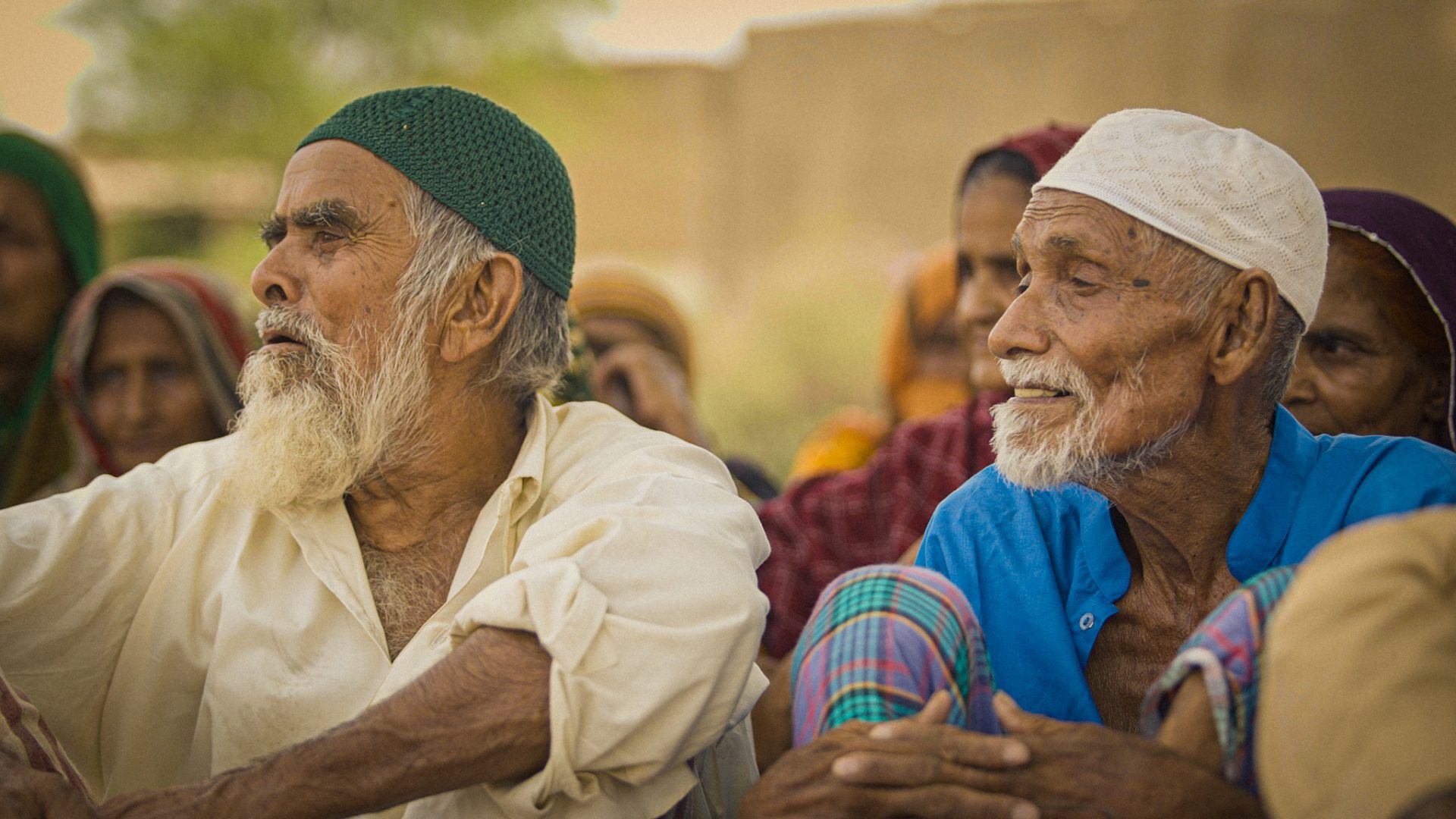Building on global commitments
The brief builds on series of global commitments to create a society for all ages and ensure no one is left behind, guided by the Madrid International Plan of Action on Ageing (MIPAA), the 2030 Agenda for Sustainable Development and the Decade of Healthy Ageing.
It emphasises that localising the SDGs must be people-centred and grounded in rights and contributions, recognising older people as active partners in building inclusive communities. This reflects the path toward more inclusive social development, providing opportunities presented by the Second World Social Summit for Development, and acknowledges the demographic shifts as people live longer lives worldwide.
Older people as key partners in progress
Older people are equal rights holders and play a vital role in society. Their experience, knowledge, and contributions strengthen families and communities. Yet too often, they are excluded from sustainable development policies and programmes.
The policy brief argues that enabling the full participation of older people as equal partners – whether as decision-makers, advisors, and community leaders enhances the effectiveness of the realisation of SDG goals at national and local levels. The policy provides examples of how older people are already using their direct lived experience to identify practical solutions that work for everyone, especially in areas such as:
- Goal 1: Ending poverty in all its forms
- Goal 3: Good health and wellbeing
- Goal 5: Achieving gender equality
- Goal 8: Promoting decent work and economic growth
- Goal 13: Taking urgent action to combat climate change.
Overcoming barriers to inclusion
Despite their contributions, older people often face barriers to participation in planning and decision-making processes. These include age discrimination, limited access to information, and a lack of platforms to voice their perspectives.
The policy brief provides concrete recommendations to remove these barriers. It calls for governments, local authorities, and development partners to:
- Integrate ageing and needs of older people into local sustainable development implementation plans and budgets
- Create inclusive consultation and decision-making spaces which include the voices and experiences of older people
- Support organisations of older people as partners in development
- Collect, analyse and use sex-age and disability disaggregated data to inform policy and planning
Towards a society for all ages
By unlocking the potential of older people as partners, local and national governments can deliver more equitable, inclusive, and sustainable development. The policy brief is a call to action: to recognise older people not as passive recipients of support, but as active contributors to change.
As communities around the world work to achieve the 2030 Agenda, this publication reminds us that progress for all ages means progress for everyone.

